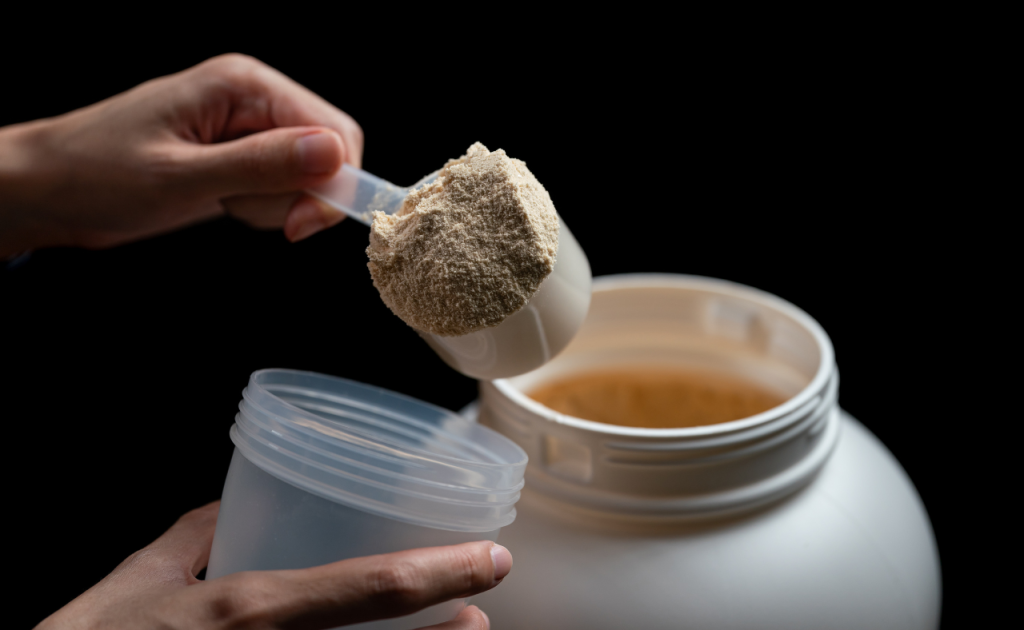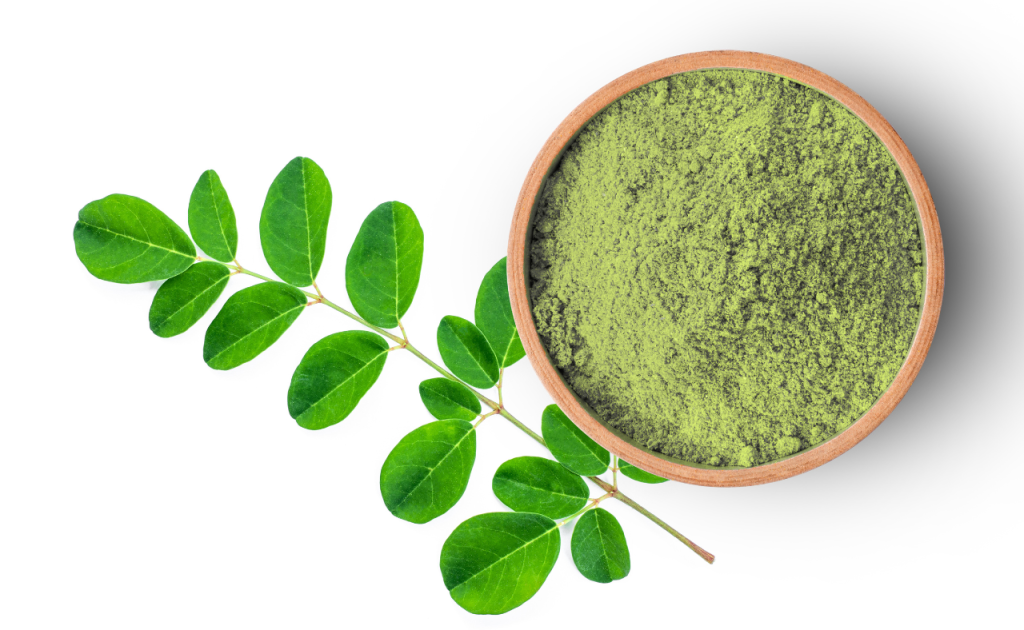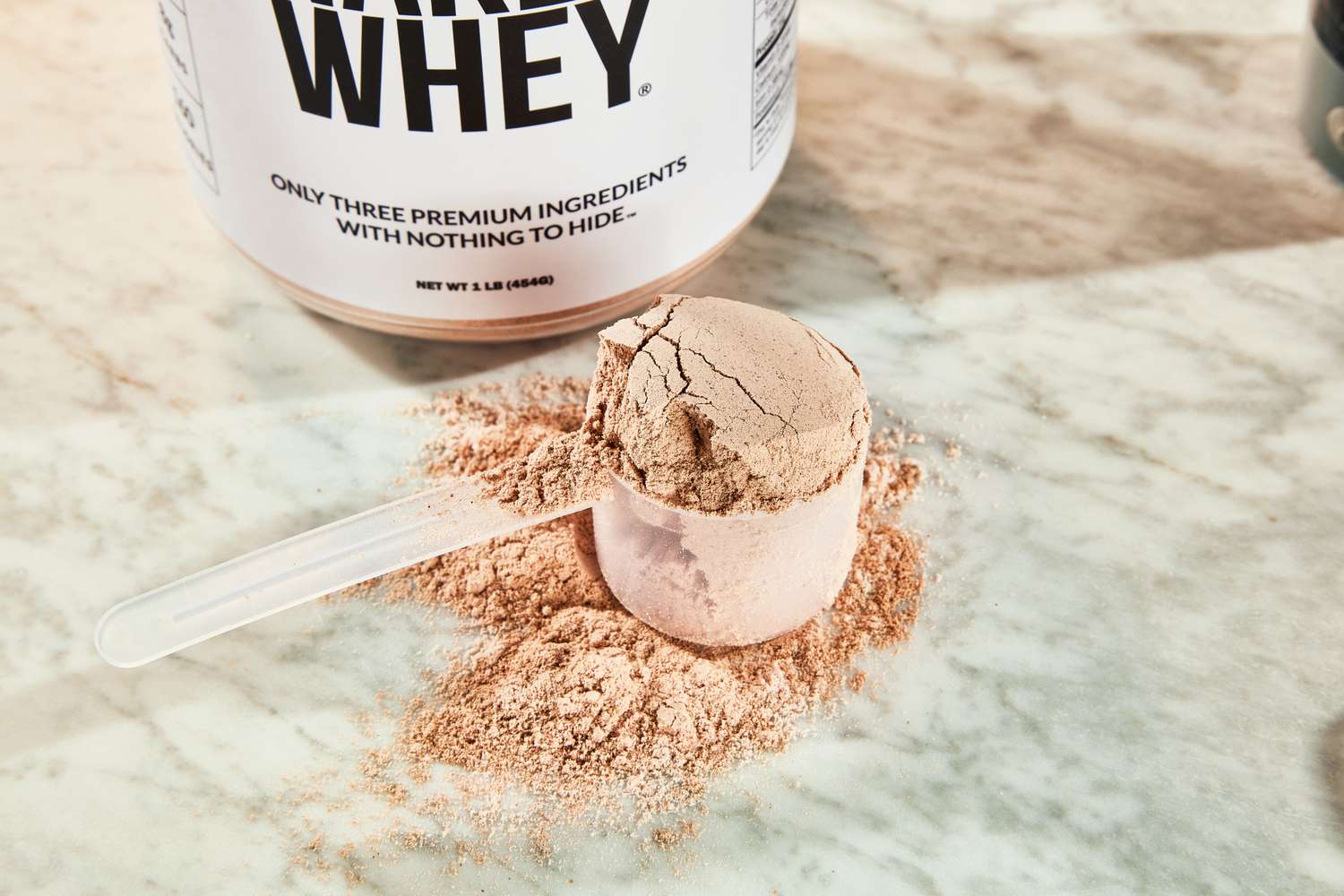Building muscle is a common goal for many fitness enthusiasts and athletes. Whether you’re a bodybuilder aiming for a muscular physique or someone looking to improve overall strength and fitness, gaining muscle healthily is essential. Nutrition plays a critical role in this process, with protein being the most important macronutrient for muscle growth. In this article, we will explore the best nutrition protein powders for healthy muscle gaining, providing insights into their benefits, ingredients, and how to incorporate them into your diet effectively. By understanding the different types of protein powders and their impact on muscle growth, you’ll be better equipped to choose the right option for your fitness goals.
Understanding Protein and Muscle Growth
Why Protein is Essential for Muscle Growth
Protein is a vital nutrient responsible for building and repairing muscle tissue. When you engage in resistance training or other forms of exercise, your muscle fibers undergo stress and damage. Protein helps repair these fibers, leading to increased muscle size and strength. Consuming adequate protein is crucial for anyone looking to gain muscle healthily.
The amino acids in protein are the building blocks of muscle tissue. Essential amino acids, which the body cannot produce, must be obtained through the diet. Protein-rich foods and supplements provide these essential amino acids, supporting muscle repair and growth. Without sufficient protein intake, muscle development can be hindered, making it challenging to achieve your fitness goals.
Types of Protein Powders

Whey Protein
Whey protein is one of the most popular and effective protein powders for muscle growth. It is derived from milk and contains all nine essential amino acids, making it a complete protein. Whey protein is quickly absorbed by the body, making it ideal for post-workout recovery and muscle repair. It is available in several forms, including whey protein concentrate, isolate, and hydrolysate, each with varying protein content and processing levels.
Whey protein is highly regarded for its ability to promote muscle growth and recovery. Its rapid absorption makes it an excellent choice for post-workout nutrition, as it quickly delivers amino acids to the muscles, supporting repair and growth. Additionally, whey protein is versatile and can be easily incorporated into smoothies, shakes, and recipes, providing a convenient and effective source of protein.
Casein Protein
Casein protein is another milk-derived protein that is known for its slow digestion rate. This makes it an excellent option for providing a sustained release of amino acids over time, which is beneficial for muscle growth and recovery during periods of fasting, such as overnight. Casein protein is often consumed before bed to support muscle repair and growth while you sleep.
The slow digestion of casein protein provides a steady supply of amino acids to the muscles, promoting prolonged protein synthesis. This makes it a valuable addition to your nutrition plan, particularly when taken before bedtime or during long periods without food. By supporting muscle recovery and growth overnight, casein protein can enhance your overall muscle-building efforts.
Plant-Based Protein

For those who prefer a plant-based diet, several plant-based protein powders are available, including pea protein, soy protein, and brown rice protein. These options provide a range of essential amino acids and can be combined to create a complete protein source. Plant-based protein powders are ideal for vegans, vegetarians, or individuals with lactose intolerance.
Plant-based protein powders offer a nutritious and sustainable alternative to animal-based proteins. They are often rich in fiber, vitamins, and minerals, supporting overall health and wellness. By combining different plant-based protein sources, you can ensure a complete amino acid profile, promoting muscle growth and recovery effectively.
Top Protein Powders for Muscle Gaining
Whey Protein Isolate
Benefits of Whey Protein Isolate
Whey protein isolate is a highly refined form of whey protein that contains minimal lactose and fat. This makes it an excellent choice for individuals with lactose intolerance or those looking to minimize their fat intake. Whey protein isolate is rapidly absorbed, providing a quick source of amino acids for muscle repair and growth.
The high protein content and low carbohydrate and fat content of whey protein isolate make it a popular choice for those looking to maximize muscle gain while minimizing excess calories. Its fast absorption rate ensures that amino acids are delivered to the muscles quickly, supporting efficient recovery and growth. Additionally, whey protein isolate is often well-tolerated by those with lactose sensitivity, making it a versatile option for many individuals.
How to Incorporate Whey Protein Isolate into Your Diet
Whey protein isolate can be easily incorporated into your diet through shakes, smoothies, and recipes. Mix a scoop with water or milk for a quick post-workout shake, or add it to smoothies for a protein boost. Whey protein isolate can also be used in baking or cooking to increase the protein content of your meals.
Incorporating whey protein isolate into your diet is simple and convenient, making it easy to meet your protein needs throughout the day. By adding it to your favorite recipes and beverages, you can enjoy the benefits of this high-quality protein source without sacrificing taste or variety. Whether you’re preparing a post-workout shake or enhancing a meal, whey protein isolate offers a versatile and effective solution for supporting muscle growth.
Micellar Casein Protein
Benefits of Micellar Casein Protein
Micellar casein is a slow-digesting protein that provides a sustained release of amino acids over several hours. This makes it ideal for periods of fasting, such as overnight, to support muscle growth and recovery. Micellar casein can help prevent muscle breakdown and promote muscle protein synthesis while you sleep.
The slow digestion of micellar casein protein ensures that your muscles receive a continuous supply of amino acids, supporting prolonged protein synthesis and reducing muscle breakdown. This makes it an excellent choice for bedtime nutrition, as it promotes muscle repair and growth during the night. By incorporating micellar casein into your routine, you can enhance your muscle-building efforts and optimize recovery.
How to Incorporate Micellar Casein Protein into Your Diet
Micellar casein protein can be consumed before bed to support overnight muscle recovery. Mix a scoop with water or milk for a bedtime shake, or add it to smoothies for a slow-release protein boost. Micellar casein can also be used in recipes to create protein-rich snacks or desserts.
Adding micellar casein protein to your diet is an effective way to support muscle growth and recovery while you sleep. By incorporating it into your evening routine, you can ensure that your muscles receive the nourishment they need for optimal repair and growth. Whether you prefer a shake or a protein-rich treat, micellar casein provides a convenient and beneficial option for nighttime nutrition.
Pea Protein
Benefits of Pea Protein
Pea protein is a plant-based protein derived from yellow peas. It is a complete protein, containing all nine essential amino acids, and is rich in branched-chain amino acids (BCAAs), which support muscle growth and repair. Pea protein is also easily digestible and hypoallergenic, making it an excellent choice for those with dietary restrictions or sensitivities.
The high amino acid content and digestibility of pea protein make it a valuable addition to any muscle-building plan. Its plant-based nature makes it suitable for vegans and vegetarians, while its hypoallergenic properties make it accessible to individuals with food sensitivities. By incorporating pea protein into your diet, you can enjoy the benefits of a nutritious and effective protein source that supports muscle growth and overall health.
How to Incorporate Pea Protein into Your Diet
Pea protein can be added to shakes, smoothies, and recipes to increase protein intake. Mix a scoop with water or plant-based milk for a quick shake, or blend it into smoothies with fruits and vegetables. Pea protein can also be used in baking or cooking to create protein-rich meals and snacks.
Incorporating pea protein into your diet is a simple and versatile way to enhance your protein intake while enjoying the benefits of plant-based nutrition. By adding it to your favorite recipes and beverages, you can easily meet your protein needs and support muscle growth and recovery. Whether you’re looking for a quick shake or a protein-packed meal, pea protein offers a delicious and effective solution.
Soy Protein
Benefits of Soy Protein
Soy protein is a plant-based protein derived from soybeans. It is a complete protein, providing all essential amino acids, and is rich in isoflavones, which have been associated with various health benefits. Soy protein supports muscle growth and repair, making it a popular choice for vegans and vegetarians.
The comprehensive amino acid profile of soy protein makes it an effective option for supporting muscle growth and recovery. Its plant-based nature provides a nutritious alternative to animal-based proteins, while its isoflavone content offers potential health benefits, such as improved heart health and hormonal balance. By incorporating soy protein into your diet, you can enjoy the benefits of a versatile and nutritious protein source.
How to Incorporate Soy Protein into Your Diet
Soy protein can be used in shakes, smoothies, and recipes to increase protein intake. Mix a scoop with water or plant-based milk for a quick shake, or blend it into smoothies with fruits and vegetables. Soy protein can also be used in cooking and baking to create protein-rich meals and snacks.
Adding soy protein to your diet is an effective way to support muscle growth while enjoying the benefits of plant-based nutrition. By incorporating it into your favorite recipes and beverages, you can easily meet your protein needs and enhance your muscle-building efforts. Whether you’re preparing a shake or a protein-rich meal, soy protein offers a delicious and convenient option for supporting your fitness goals.
Tips for Choosing the Right Protein Powder
Consider Your Dietary Preferences
When choosing a protein powder, consider your dietary preferences and restrictions. Whey and casein proteins are animal-based, while pea, soy, and other plant-based options are suitable for vegans and vegetarians. Choose a protein powder that aligns with your dietary needs and goals.
Selecting a protein powder that fits your dietary preferences ensures you can enjoy the benefits of supplementation while adhering to your nutritional principles. Whether you follow a plant-based diet or prefer animal-based proteins
, there are numerous options available to support your muscle-building efforts. By choosing a protein powder that aligns with your preferences, you can enjoy the benefits of effective nutrition without compromising your values.
Evaluate Protein Content and Quality
Look for protein powders with a high protein content per serving and a complete amino acid profile. Check the ingredient list for additional additives, such as sweeteners or fillers, which may affect the quality of the protein. Choose a protein powder with minimal additives for optimal nutrition.
Evaluating the protein content and quality of a supplement ensures you receive the nutrients necessary for muscle growth and recovery. By selecting a protein powder with a high protein concentration and complete amino acid profile, you can maximize the benefits of supplementation. Additionally, opting for a product with minimal additives supports overall health and wellness, ensuring you receive the highest quality nutrition.
Consider Digestibility and Tolerance
Consider your tolerance to different protein sources, especially if you have food sensitivities or allergies. Whey protein isolate and pea protein are generally well-tolerated, while casein and soy protein may cause digestive issues for some individuals. Choose a protein powder that you can digest comfortably and without adverse effects.
Selecting a protein powder that is easily digestible and well-tolerated ensures you can enjoy the benefits of supplementation without discomfort. By considering your tolerance to different protein sources, you can choose a product that supports your muscle-building efforts while promoting overall digestive health. By prioritizing comfort and digestibility, you can maximize the effectiveness of your nutrition plan.
Conclusion: Choosing the Best Protein Powder for Muscle Growth
Summary of Benefits
Protein powders offer a convenient and effective way to increase protein intake and support muscle growth. Whey, casein, and plant-based options provide a range of benefits, from rapid absorption to sustained release of amino acids. By choosing a high-quality protein powder that aligns with your dietary preferences and goals, you can enhance your muscle-building efforts and overall fitness.
Protein powders are a valuable tool for anyone looking to gain muscle healthily and effectively. By understanding the different types of protein powders and their benefits, you can make an informed decision that supports your fitness goals. By selecting a high-quality protein supplement and incorporating it into your diet, you can optimize muscle growth, recovery, and overall health.
Final Thoughts
Incorporating protein powders into your diet can significantly enhance your muscle-building efforts, providing the nutrients needed for growth and recovery. By understanding the different types of protein powders and their benefits, you can make an informed decision that supports your fitness goals. Whether you choose whey, casein, or plant-based options, protein powders offer a convenient and effective way to achieve healthy muscle gain and optimize your overall fitness journey. By prioritizing nutrition and selecting the right protein supplement, you can unlock your full potential and achieve your muscle-building aspirations.







